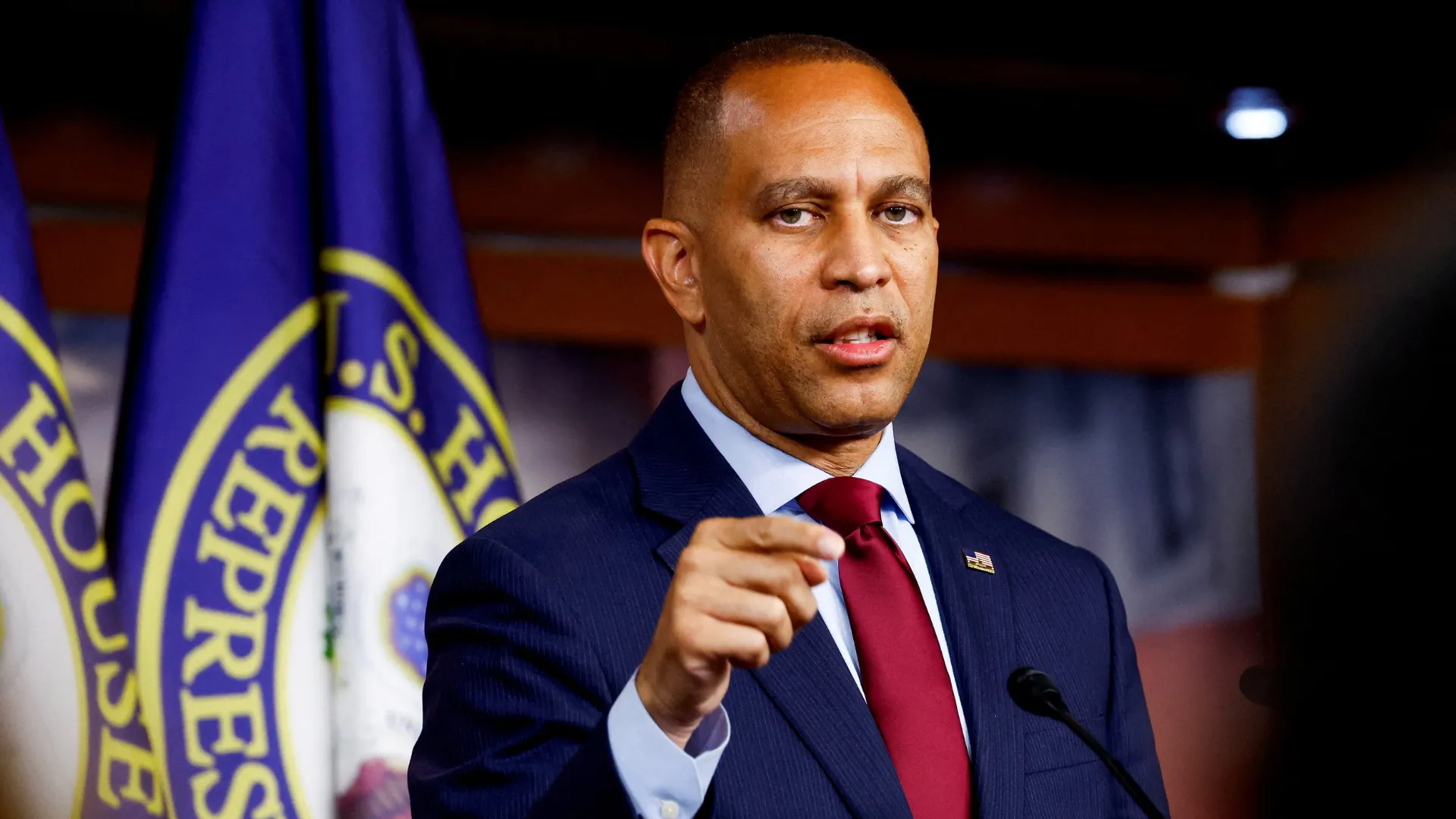
President Joe Biden announced a sweeping ban on new offshore drilling, protecting 625 million acres of U.S. federal waters. The move, unveiled Monday, applies to the East and West Coasts, the eastern Gulf of Mexico, and parts of the Northern Bering Sea in Alaska.
Biden invoked the 1953 Outer Continental Shelf Lands Act to prohibit future oil and gas leasing, citing the need to safeguard coastal communities and ecosystems.
“My decision reflects what coastal communities, businesses, and beachgoers have known for a long time: drilling off these coasts could cause irreversible damage to places we hold dear and is unnecessary to meet our nation’s energy needs,” Biden said in a statement.

“As the climate crisis continues to threaten communities across the country, now is the time to protect these coasts for our children and grandchildren.”
The ban follows Biden’s broader commitment to transitioning toward clean energy and preventing disasters like the 2010 Deepwater Horizon oil spill. Environmental groups, including Earthjustice and Oceana, hailed the announcement as a major victory for ocean preservation.
“This is an epic ocean victory,” said Joseph Gordon of Oceana. “Thank you, President Biden, for listening to the voices from coastal communities and protecting our coasts.”

However, President-elect Donald Trump quickly criticized the decision, accusing Biden of sabotaging the transition process. On Truth Social, Trump described Biden’s action as part of “costly and ridiculous Executive Orders on the Green New Scam and other money-wasting hoaxes.”
Trump’s spokesperson, Karoline Leavitt, echoed the sentiment, calling the ban “disgraceful” and promising the incoming administration would “drill, baby, drill.”
Trump vowed to overturn the ban as soon as he takes office in two weeks, although experts suggest the path to reversal may not be straightforward. The 1953 law gives presidents the authority to impose such bans but lacks clear mechanisms for undoing them.
Trump may need congressional approval to lift Biden’s prohibition, which Senate Democrats could block through a filibuster. Alternatively, Trump could attach offshore drilling permissions to a budget reconciliation bill or test the limits of executive authority in court.
Despite the political uproar, energy experts argue that Biden’s ban will have minimal economic impact. “The practical effect of this may very well be nothing at all,” said David Bernell, an energy policy expert at Oregon State University.
Offshore oil exploration is costly and time-consuming, often requiring 10-15 years to develop productive wells. With crude oil prices hovering around $73 a barrel, experts like Ed Hirs, an energy economist at the University of Houston, suggest that expanding offshore drilling is not economically viable.

Hirs noted that U.S. oil production is already at record levels, with over 13 million barrels of oil produced daily, making the country the world’s largest oil producer. Most U.S. crude production comes from onshore shale oil fields in Texas and New Mexico, rather than offshore sites.
Additionally, many offshore areas included in Biden’s ban had already been removed from future leasing under a 10-year moratorium imposed by Trump during his presidency.
Despite his prior restrictions on offshore drilling, Trump has made energy production a cornerstone of his agenda, vowing to approve new drilling, pipelines, and power plants. He also promised to reverse Biden’s efforts to expand electric vehicle production and end offshore wind projects.

“On Day 1, I will approve new drilling, new pipelines, new refiners, new power plants, and new reactors,” Trump declared during his campaign.
The debate over offshore drilling reflects broader tensions between environmental advocacy and energy policy. The American Petroleum Institute, an industry trade association, condemned Biden’s decision as “politically motivated” and called for a return to a “pro-American energy approach.”
Yet, stakeholders like Ron Neal, chairman of the Independent Petroleum Association of America Offshore Committee, acknowledged that the ban does not directly affect active production areas in the Gulf.

While the ban will not immediately impact gas prices or energy supply, some argue that encouraging OPEC to increase production could have a more tangible effect on lowering prices. “With an additional million barrels a day hitting the market globally, that will drive the price down domestically,” Hirs said.
As Biden’s ban takes effect, Trump and the Republican-controlled Congress face challenges in reversing it.
Whether through legislative maneuvers or executive actions, Trump’s push to expand offshore drilling highlights the stark contrast between the two administrations’ approaches to energy policy and environmental conservation.



